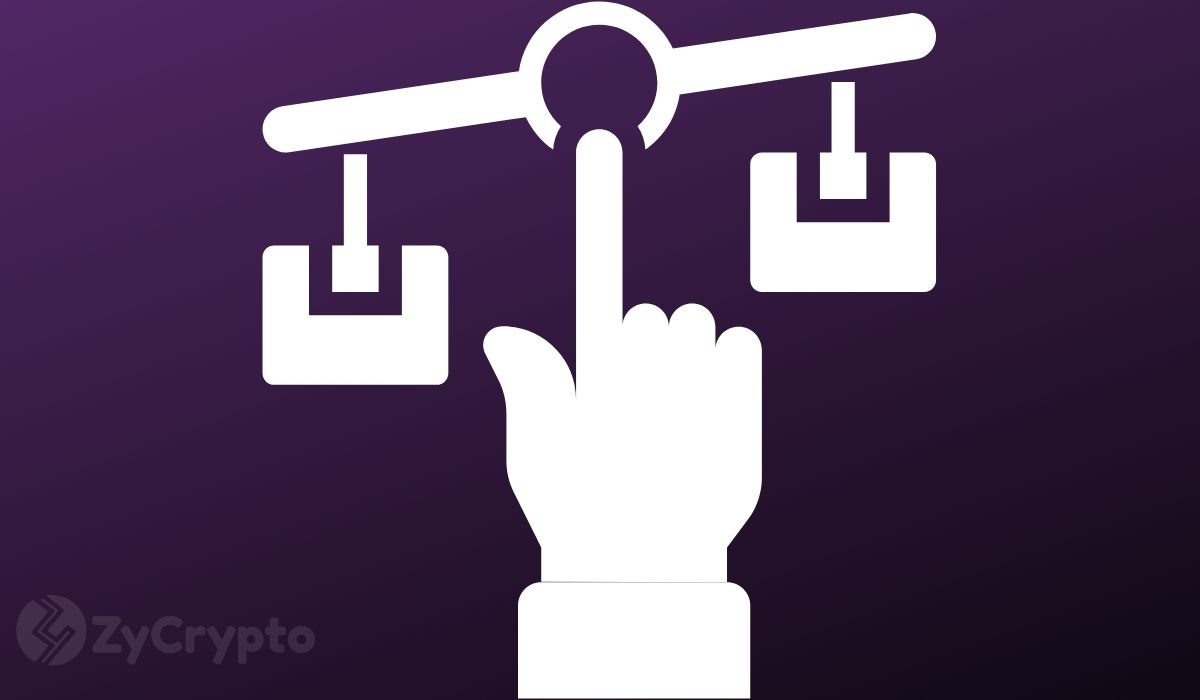The U.S. approves its first tokenized stock trading platform, and it not Coinbase or Kraken

Share:
Dinari has become the first platform to receive U.S. regulatory clearance to offer blockchain-based shares of public companies to domestic investors. The firm obtained the broker-dealer status based on its subsidiary. Dinari intends to launch its licensed tokenized stock trading platform in the next quarter once it completes its onboarding with the Securities and Exchange Commission (SEC).
The San Francisco firm was already issuing digital stock tokens, or dShares, to international users on the Coinbase Base network. Under the new license, Dinari will shift focus toward the American market through partnerships with brokerages and fintech apps via APIs, instead of serving customers directly.
In a statement, CEO Gabriel Otte asserted the business will route its transactions to known market centers and will settle tokens on a public blockchain. He stressed that this is not only about the broker-dealer functionality, but a full financial infrastructure that is built on-chain.
Tokenized equities draw institutional and retail interest
Tokenizing equities involves the conversion of conventional stocks into blockchain tokens, which can be settled more quickly and at a reduced cost. Proponents claim that the model introduces real-time trading to traditional ones and extends retail access, particularly worldwide time zones.
Dinari has been registered and complies with SEC regulations, according to which securities, including tokenized ones, should only be traded through licensable intermediaries. This step puts pressure on competitors such as Coinbase and Kraken, which are striving to get similar approval.
Coinbase has also filed to allow tokenized stock to its user base, and pending approval, will be in direct competition with retail brokers, including Robinhood and Charles Schwab. In contrast, Kraken has said it would also make more than 50 tokenized stocks and ETFs available outside the U.S. based on Backed xStocks on the Solana blockchain.
As Coinbase and Kraken await the results of their licensing applications, Dinari’s success indicates promising regulations in the industry.
Republic and the expansion into private markets
Momentum around tokenization is not restricted to equity alone. Recently, Republic, an investment firm based in New York, introduced rSpaceX, which is blockchain-secured promissory notes that monitor the value of the SpaceX shares. These tokens will become tradable with a holding period of one year on the INX exchange. The tokens will work as a promissory note, and after a one-year lock-in, they will be available to trade on the INX exchange.
The approach adopted by Republic hits a wider group of privately held companies, such as OpenAI, Stripe, and Anthropic. Although token holders do not acquire legal ownership of the underlying shares, they receive exposure to upside activities, including IPOs or acquisitions, diversifying the opportunities to pre-IPO play deals previously reserved for institutions.
According to a recent report by Ripple, together with Boston Consulting Group (BCG), tokenized assets linked to the real world are projected to increase to an astonishing $18.9 trillion by 2033, up from the present value of $600 billion.
The World Economic Forum has, however, warned against the expanding industry, citing liquidity constraints and the absence of international regulation of tokenized assets. Despite this, the growing number of regulated entities joining the market implies growing confidence in the model’s viability.
Your crypto news deserves attention - KEY Difference Wire puts you on 250+ top sites
The U.S. approves its first tokenized stock trading platform, and it not Coinbase or Kraken

Share:
Dinari has become the first platform to receive U.S. regulatory clearance to offer blockchain-based shares of public companies to domestic investors. The firm obtained the broker-dealer status based on its subsidiary. Dinari intends to launch its licensed tokenized stock trading platform in the next quarter once it completes its onboarding with the Securities and Exchange Commission (SEC).
The San Francisco firm was already issuing digital stock tokens, or dShares, to international users on the Coinbase Base network. Under the new license, Dinari will shift focus toward the American market through partnerships with brokerages and fintech apps via APIs, instead of serving customers directly.
In a statement, CEO Gabriel Otte asserted the business will route its transactions to known market centers and will settle tokens on a public blockchain. He stressed that this is not only about the broker-dealer functionality, but a full financial infrastructure that is built on-chain.
Tokenized equities draw institutional and retail interest
Tokenizing equities involves the conversion of conventional stocks into blockchain tokens, which can be settled more quickly and at a reduced cost. Proponents claim that the model introduces real-time trading to traditional ones and extends retail access, particularly worldwide time zones.
Dinari has been registered and complies with SEC regulations, according to which securities, including tokenized ones, should only be traded through licensable intermediaries. This step puts pressure on competitors such as Coinbase and Kraken, which are striving to get similar approval.
Coinbase has also filed to allow tokenized stock to its user base, and pending approval, will be in direct competition with retail brokers, including Robinhood and Charles Schwab. In contrast, Kraken has said it would also make more than 50 tokenized stocks and ETFs available outside the U.S. based on Backed xStocks on the Solana blockchain.
As Coinbase and Kraken await the results of their licensing applications, Dinari’s success indicates promising regulations in the industry.
Republic and the expansion into private markets
Momentum around tokenization is not restricted to equity alone. Recently, Republic, an investment firm based in New York, introduced rSpaceX, which is blockchain-secured promissory notes that monitor the value of the SpaceX shares. These tokens will become tradable with a holding period of one year on the INX exchange. The tokens will work as a promissory note, and after a one-year lock-in, they will be available to trade on the INX exchange.
The approach adopted by Republic hits a wider group of privately held companies, such as OpenAI, Stripe, and Anthropic. Although token holders do not acquire legal ownership of the underlying shares, they receive exposure to upside activities, including IPOs or acquisitions, diversifying the opportunities to pre-IPO play deals previously reserved for institutions.
According to a recent report by Ripple, together with Boston Consulting Group (BCG), tokenized assets linked to the real world are projected to increase to an astonishing $18.9 trillion by 2033, up from the present value of $600 billion.
The World Economic Forum has, however, warned against the expanding industry, citing liquidity constraints and the absence of international regulation of tokenized assets. Despite this, the growing number of regulated entities joining the market implies growing confidence in the model’s viability.
Your crypto news deserves attention - KEY Difference Wire puts you on 250+ top sites











